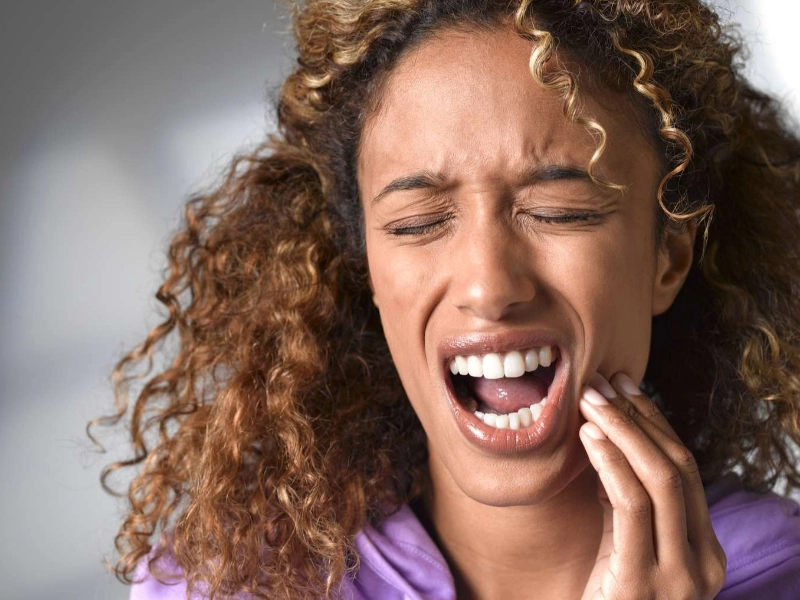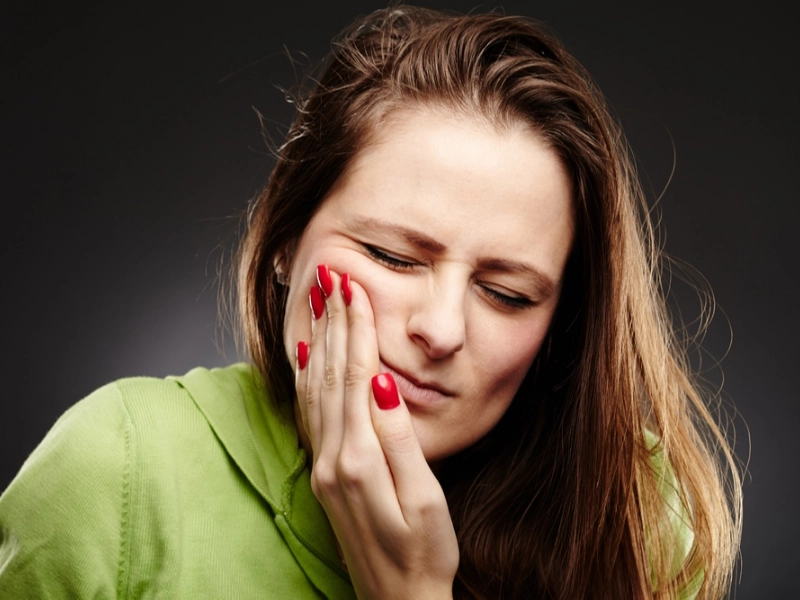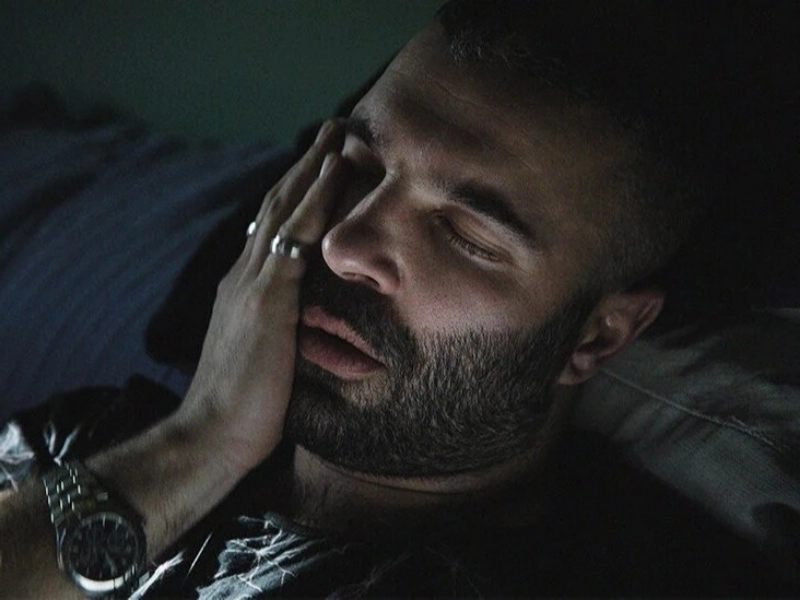Experiencing a toothache in the middle of the night is unpleasant, so you may have to move around for the rest of the night. Toothaches are worse at night and there are many reasons for this. The main one is that when you lie down, blood rushes to your head, which can cause more stress and discomfort to your teeth.

 When bacteria build up between and on the teeth, it can lead to gum disease and cavities, and cavities often cause toothache. If the tooth enamel is not treated, these bacteria can erode the tooth, resulting in painful and inflamed cavities. Many people find that due to their busy daily schedules, it is difficult to remember to brush their teeth or brush their teeth at the dental line until they get into bed. Unfortunately, oral acid erosion occurs at night because the acids in food and drinks are eroding the teeth. People often clench or grind their teeth at night, which increases the pressure on vulnerable areas of the mouth, intensifying the pain. In this case, it is called bruxism, and it is believed that toothache at night is more painful than during the day. Lying down can cause changes in blood flow, which can increase the feeling of palpitations.
When bacteria build up between and on the teeth, it can lead to gum disease and cavities, and cavities often cause toothache. If the tooth enamel is not treated, these bacteria can erode the tooth, resulting in painful and inflamed cavities. Many people find that due to their busy daily schedules, it is difficult to remember to brush their teeth or brush their teeth at the dental line until they get into bed. Unfortunately, oral acid erosion occurs at night because the acids in food and drinks are eroding the teeth. People often clench or grind their teeth at night, which increases the pressure on vulnerable areas of the mouth, intensifying the pain. In this case, it is called bruxism, and it is believed that toothache at night is more painful than during the day. Lying down can cause changes in blood flow, which can increase the feeling of palpitations.
 Eating acidic or sugary foods late at night can irritate your gums and teeth. It also causes food to stick to painful areas in your mouth, such as cavities or cracks. Toothaches can intensify when you try to sleep at night. Changes in blood flow can also cause nighttime dental problems to worsen. Lying down increases blood flow to your head, stressing vulnerable areas of the mouth. It intensifies the throbbing of a previously mild toothache. Rinsing your mouth at night with a mouthwash containing hydrogen peroxide or alcohol can help reduce toothache. Elevating your head to reduce inflammation can also be achieved by trying to sleep on a chair or by sleeping with several pillows. Hot and cold compresses can also help reduce discomfort.
Eating acidic or sugary foods late at night can irritate your gums and teeth. It also causes food to stick to painful areas in your mouth, such as cavities or cracks. Toothaches can intensify when you try to sleep at night. Changes in blood flow can also cause nighttime dental problems to worsen. Lying down increases blood flow to your head, stressing vulnerable areas of the mouth. It intensifies the throbbing of a previously mild toothache. Rinsing your mouth at night with a mouthwash containing hydrogen peroxide or alcohol can help reduce toothache. Elevating your head to reduce inflammation can also be achieved by trying to sleep on a chair or by sleeping with several pillows. Hot and cold compresses can also help reduce discomfort.
 Toothache is a sign of serious dental problems developing and requires immediate dental treatment. However, in the meantime, there are at-home treatments that can ease the discomfort while you wait for your appointment. These measures include using non-prescription painkillers and applying cold compresses to your cheeks to reduce swelling and discomfort. If you have to endure toothache at night, try sleeping with your head elevated on a countless pillow. This will help you sleep better and reduce the pain of throbbing pain by reducing the blood flow to your mouth and head. Also , don't forget to brush your teeth and clean them with your teeth lines before retiring for the night. Food particles left in your mouth during the night will worsen tooth decay and injury. Specialized mouth guards can also ease the pain caused by teeth grinding by preventing clenching and friction. Maintaining dental health and preventing these problems from occurring is a possible outcome of good oral hygiene habits.
Toothache is a sign of serious dental problems developing and requires immediate dental treatment. However, in the meantime, there are at-home treatments that can ease the discomfort while you wait for your appointment. These measures include using non-prescription painkillers and applying cold compresses to your cheeks to reduce swelling and discomfort. If you have to endure toothache at night, try sleeping with your head elevated on a countless pillow. This will help you sleep better and reduce the pain of throbbing pain by reducing the blood flow to your mouth and head. Also , don't forget to brush your teeth and clean them with your teeth lines before retiring for the night. Food particles left in your mouth during the night will worsen tooth decay and injury. Specialized mouth guards can also ease the pain caused by teeth grinding by preventing clenching and friction. Maintaining dental health and preventing these problems from occurring is a possible outcome of good oral hygiene habits.